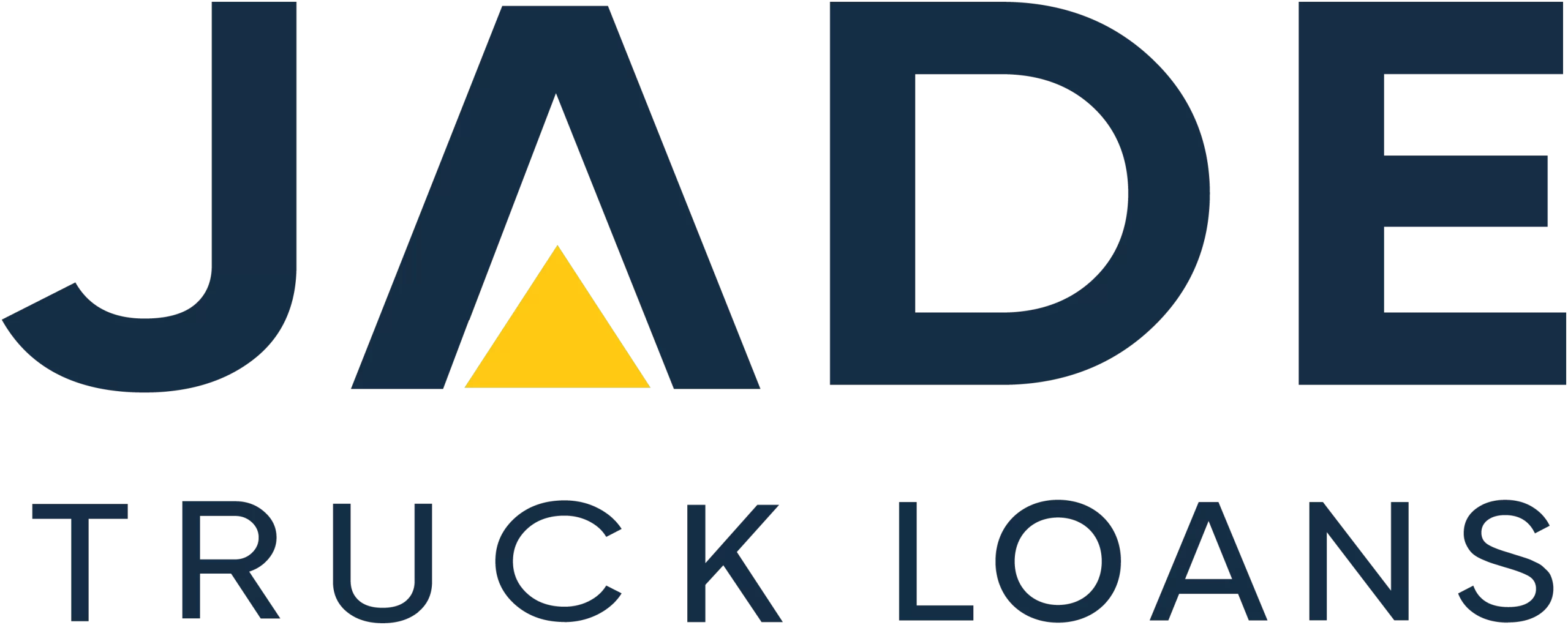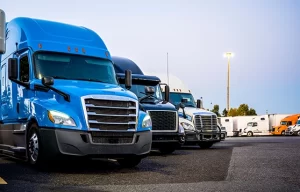In a recent article, we highlighted several crucial deadlines that businesses need to be aware of. Among these, a key reminder pertains to the deadline for the conclusion of temporary full expensing, also known as the Instant Asset Write-off scheme. While we briefly mentioned this reminder in the article, the exceptional advantages accessible to eligible businesses through this initiative warrant a more comprehensive examination at this juncture. The significance of this measure calls for a closer look into its current benefits and implications for businesses.
Due to the conditions at the time the measure was introduced, there will be business owners that initially dismissed IAWO as the timing to acquire vehicles did not suit the business. Understandable, as the past few years have presented many challenges for many industry sectors.
But as the economy has bounced back and some supply chain disruptions are showing signs of easing, the timing may now be right. As the clock ticks down to the 30 June 2023 deadline for temporary full expensing, consider revisiting the option and sourcing appropriate truck finance quotes.
The benefits to be realised may present a very attractive, and for some operators welcome, boost to the bottom line come the end of financial year. Another very critical issue to consider is the delivery time for the required trucks. Supply chains have been seriously disrupted and orders for some goods need to be placed well in advance.
Benefits of IAWO/Temporary Full Expensing
Initially known as Instant Asset Write-off when it was introduced in the early part of 2020 and following amendments better known as temporary full expensing, this is an accelerated asset depreciation measure. This type of tax measure is introduced by the Government and managed through the ATO at various times and only for a limited period, hence the name temporary.
The big attraction is being able to write-off or fully expense the entire price of the purchase of new depreciable assets such as trucks in the same year that they were purchased. This compares extremely favourably to the usual schedule for depreciation of assets which is only a small percentage each year.
By having such a large tax deduction in that one year, taxable income for the business would be reduced and as a result less tax payable. In addition, if the value of the tax deduction results in the business recording a loss for this financial year, that may present the opportunity to consider Loss Carry Back. A measure which was also introduced as part of the stimulus package and also expires this financial year.
In order to utilise temporary full expensing, the business and the asset must meet the eligibility criteria. The asset must be ‘depreciable’ and that brings in the choice of finance, which we will cover next.
Choice of Suitable Truck Finance Product
In order to meet the criteria of a depreciable asset, the truck would need to be included as an asset in the business accounting books. Not all forms of truck finance allow the business to take ownership of the asset at time of settlement. With Leasing and Rent to Own, the lender actually retains that ownership title.
With Commercial Chattel Mortgage For Trucks the ownership of the truck is transferred to the business on settlement. With ownership the asset is posted to the balance sheet and becomes a depreciable asset.
Another feature of Chattel Mortgage which could be attractive to some buyers is the ability to claim all the GST on the purchase on the next BAS after settlement. The amount may significantly reduce the BAS payable for the relevant period and as such take pressure off cash flow for that period.
It’s worth noting that the tax deduction for the truck purchase relates only to the actual purchase price. The interest payable on the finance is also tax deductible and would be claimed in line with when the finance repayments are made.
As the major tax deduction is made in that first year, when end of year accounts are prepared, no further deductions would be applicable on the truck acquisition over the finance term or the ownership period. The pros and cons and details of these measures should be discussed with the business accountant to ensure it is a suitable and beneficial move for the business.
Remember, Truck Leasing and Rent to Own also have tax deductible elements. But they would be realised over the term of the finance, not all in the year of purchases. The monthly leasing/rental payments are considered a business expense and full tax deductible. So in a full year of finance, the business may claim 12 monthly repayments.
Another attractive of Chattel Mortgage Truck Finance is also the interest rate. This form of finance attracts a Cheaper Truck Loan Interest Rate than Leasing and Rent to Own due to the structure of the loan. A feature which could be another welcome saving to the business each month.
The current offer of temporary full expensing expires on 30 June 2023. Any assets to be covered by this measure need to be operational in the business by that date. So it could be time to give serious thought to those new truck acquisitions.
Contact Jade Truck Loans on 1300 000 003 for Chattel Mortgage Truck Finance for IAWO.
DISCLAIMER: THIS INFORMATION IS ISSUED PURELY FOR THE PURPOSE OF GENERAL INFORMATION PROVISION. IT IS NOT TO BE TAKEN AS THE ONLY SOURCE OF INFORMATION FOR BASING FINANCIAL DECISION-MAKING. THOSE REQUIRING FINANCIAL GUIDANCE AND ADVICE SHOULD CONSULT WITH THEIR FINANCIAL CONSULTANT OR ADVISOR. NO LIABILITY IS ACCEPTED FOR ANY MISREPRESENTATION OF POLICIES, DATA OR ERRORS IN THIS CONTENT.


 " alt="">
" alt="">